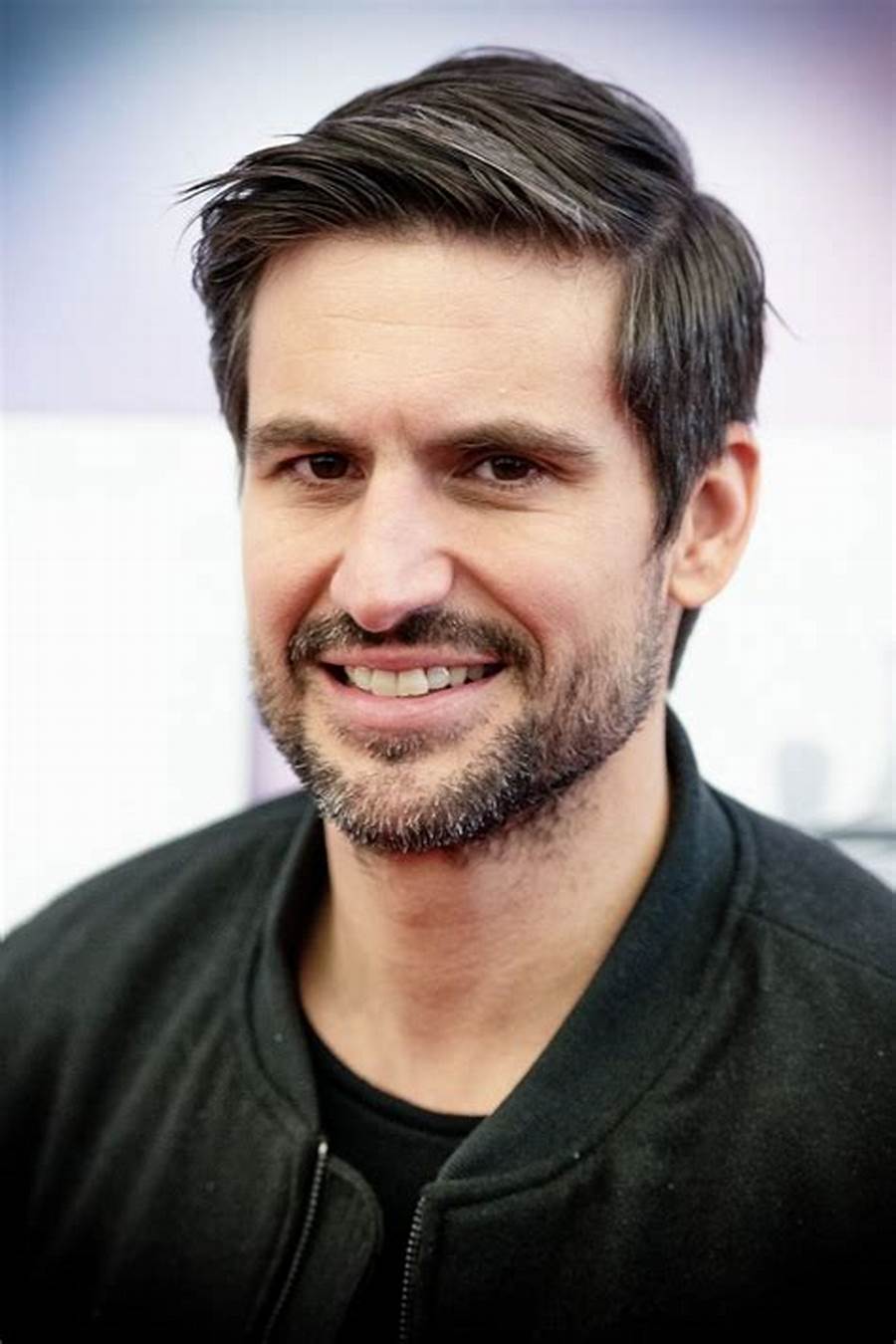COMMENT
Yes, there is a bit of a crisis in Norway right now, but should we, who have the most, therefore cut off aid to those who are actually starving to death?
HARD DIFFICULTY: The Jonglei region of South Sudan was hit by severe flooding in 2021. Thousands of people suffer from hunger due to flooding. Photo: Sam Mednick/AP/NTB
see more
Internal comments: This is a comment. Comments express the position of the author.
As feared and expected, the government cut aid. The action rule for aid, the one percent target, was left out in next year’s budget. The share of aid is now 0.75 percent. At the same time, aid should include items that would otherwise be spent on other budgets, such as Ukrainian refugees in Norway and climate work.
A clear breach of promise and a declaration of bankruptcy from the government, Redd Barna’s secretary general, Birgitte Lange, told Bisstandsaktuelt about the historically low proportion of the poorest population.
A disaster, believes Strømmestiftelsen.
The government defended it by saying that gross national income, GNI, was experiencing historic growth. When we become richer, the share of the poor must be reduced.
There are only two parties in the Storting who have protested so far, the MDGs and the KrF. Voters don’t.
How do I know that the Norwegians support it? that we use up most of the aid budget in Norway? Because it has been done before without responsive protest, despite strong objections from both domestic aid organizations and the United Nations. It last happened in a revised budget this spring, and earlier during the so-called refugee crisis of 2015-16 under the Solberg administration. Politicians are technically in the dark. According to the OECD, such redistribution is completely legal and is still listed as aid.
The fact that governments are in practice cutting billions from international aid in times of famine in several African countries and in the Middle East as a result of the Ukraine war, as well as the ongoing pandemic, will arouse international attention. Because it’s weird. It was a navel gaze, selfish and irresponsible. It can’t be maintained with a loose formulation that we still have a lot to contribute.
We cut back on help when it is most needed. For example, the government cut NOK 270 million from education posts. This would exclude half a million children from school.
The Ukrainian war has created a disaster food shortages which in turn contributed to one of the greatest famines of recent times. 345 million people are at risk of starvation, according to the International Monetary Fund (IMF). It comes on top of the ravages of the pandemic as a result of the lack of a vaccine. They supply the West with themselves first, both once and twice and thrice, before they are properly distributed on a larger scale to poorer countries.
What happened in Norway is not a crisis by comparison. There have been hard times for some and tougher times for many, but the Black Death is not on the doorstep. The country of Norway is making tremendous money as a result of the energy crisis and its gross national income, GNI, is experiencing historic growth. The welfare state is protected. Profits flow to us all as usual; it’s rushing now. Of course it is natural that some of the profits are returned to citizens in the form of electricity compensation. After all, this was an extraordinary luxury, a safety net that hardly anyone in the world could dream of.
So we cannot reduce our international obligations to those who are affected by war much more severely than the Norwegians. There’s a difference between throwing out the dryer and not providing food for your kids.

Racism is not funny
At a time like this, there’s a lot of talk about solidarity, at least within NATO and Europe. There is a lot of talk about how important it is for the world community to work and follow the rules, that the world is predictable to avoid financial turmoil above all else. Since 2018, the IMF has seen a sharp increase in food crises as a result of the climate crisis. This caused famine, increased conflict and more people fled. Several countries are threatened with bankruptcy.
If Norwegians think it’s none of our business, think again. We are not in the same boat, we are not drowned by thousands of people in the Mediterranean. But their crisis will affect us, like it or not. If nothing else, we must contribute purely for the sake of self-interest, even if it is not as sympathetic as contributing in solidarity.
I don’t think anyone cares about the subject when they’re starving.
It’s just a really bad time to cut off help. The United Nations Development Programme, UNDP, has asked us not to do it and criticized us for doing it. Several other European countries followed Norway’s lead. Major contributors such as Germany and the UK have made the same auditor trick. This is short term and without history, and Norway should not contribute to the weathering of the world community when so much is at stake.
On the other hand, Norway should contribute more with historic growth in the GNI as a result of the war and energy crisis. Norwegian solidarity has become an international trademark that has earned us a place at the table with the great, but has also become part of the soul of the people. We are never introverts and ourselves are enough. Cutting aid makes us smaller and poorer.

“Hardcore zombie fan. Incurable internet advocate. Subtly charming problem solver. Freelance twitter ninja.”






